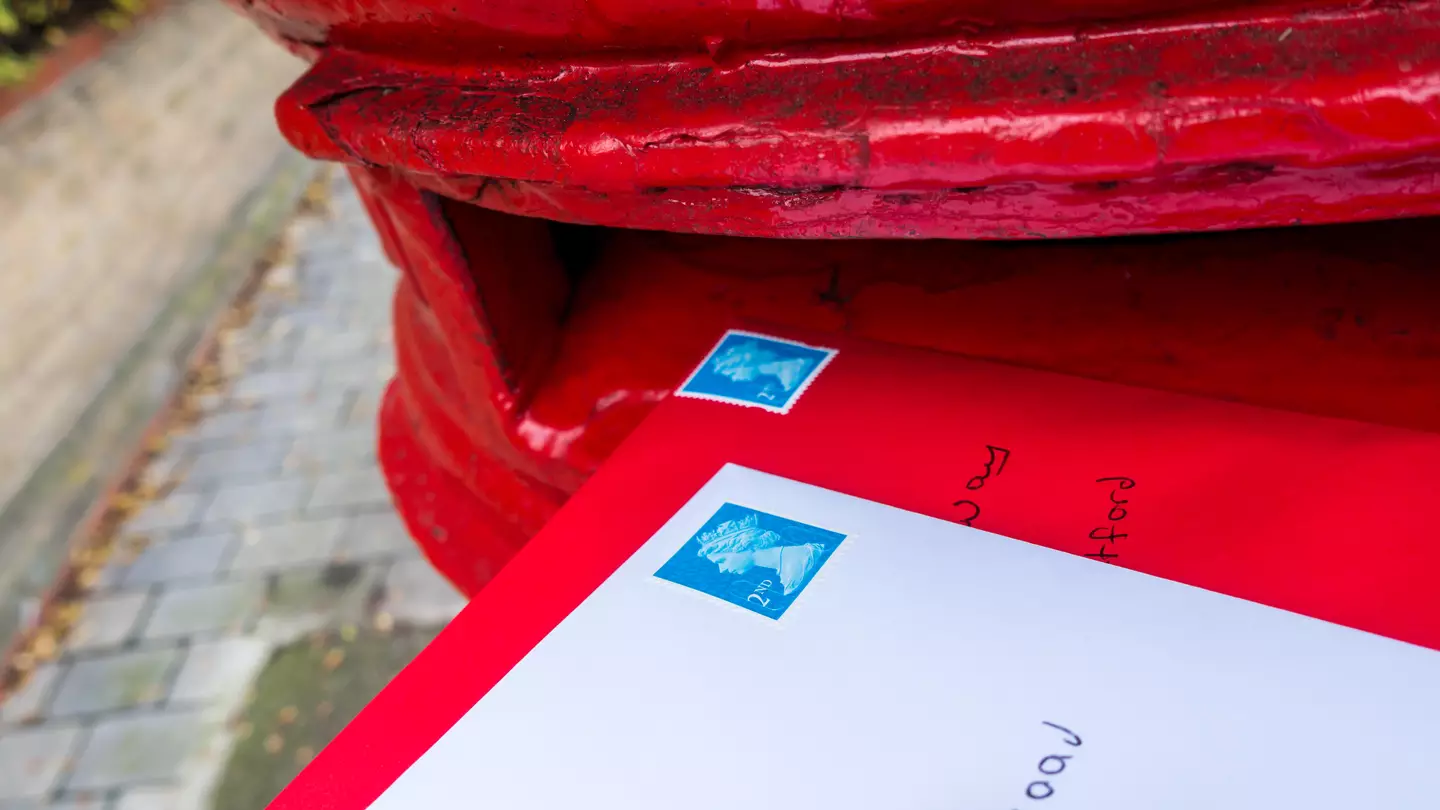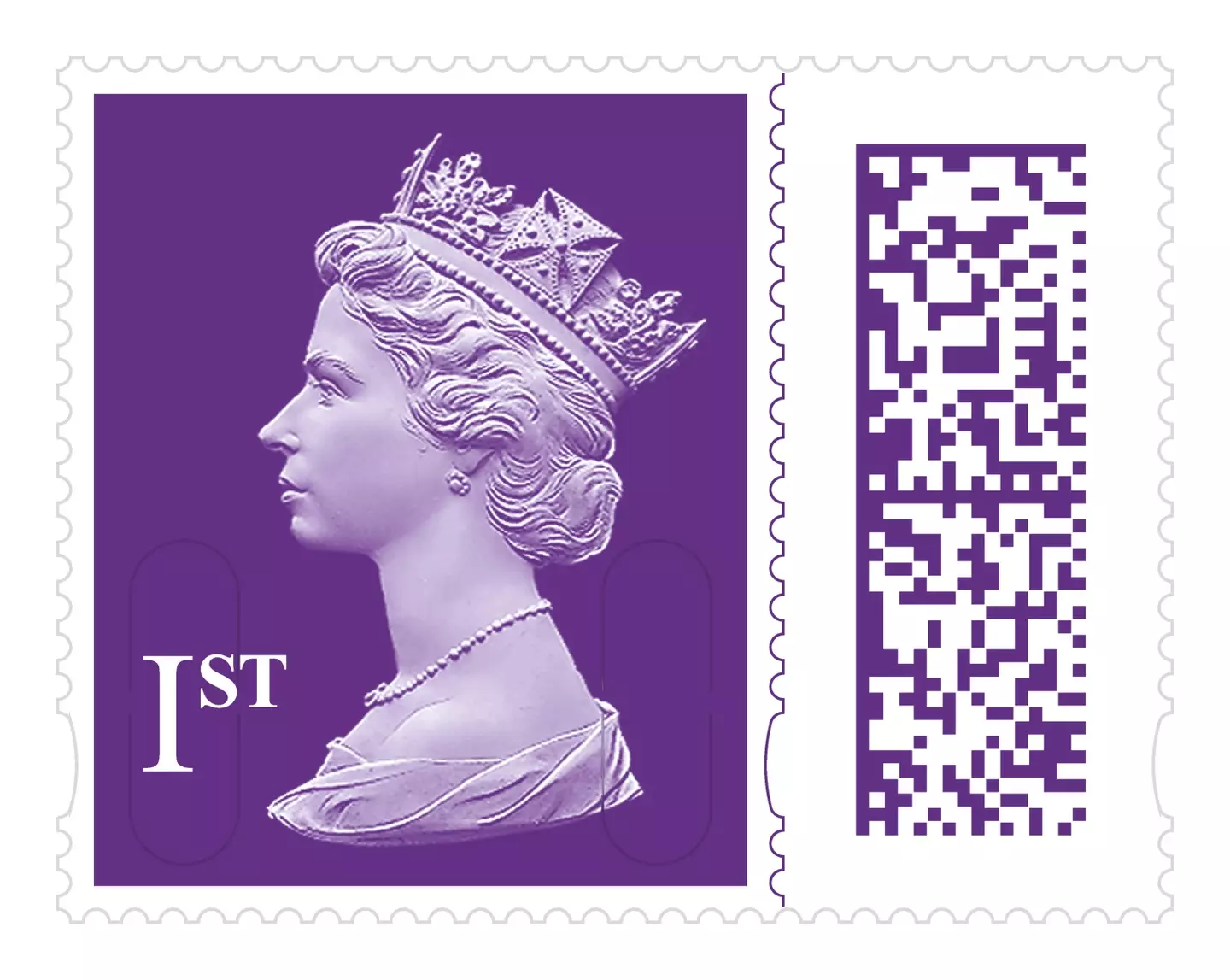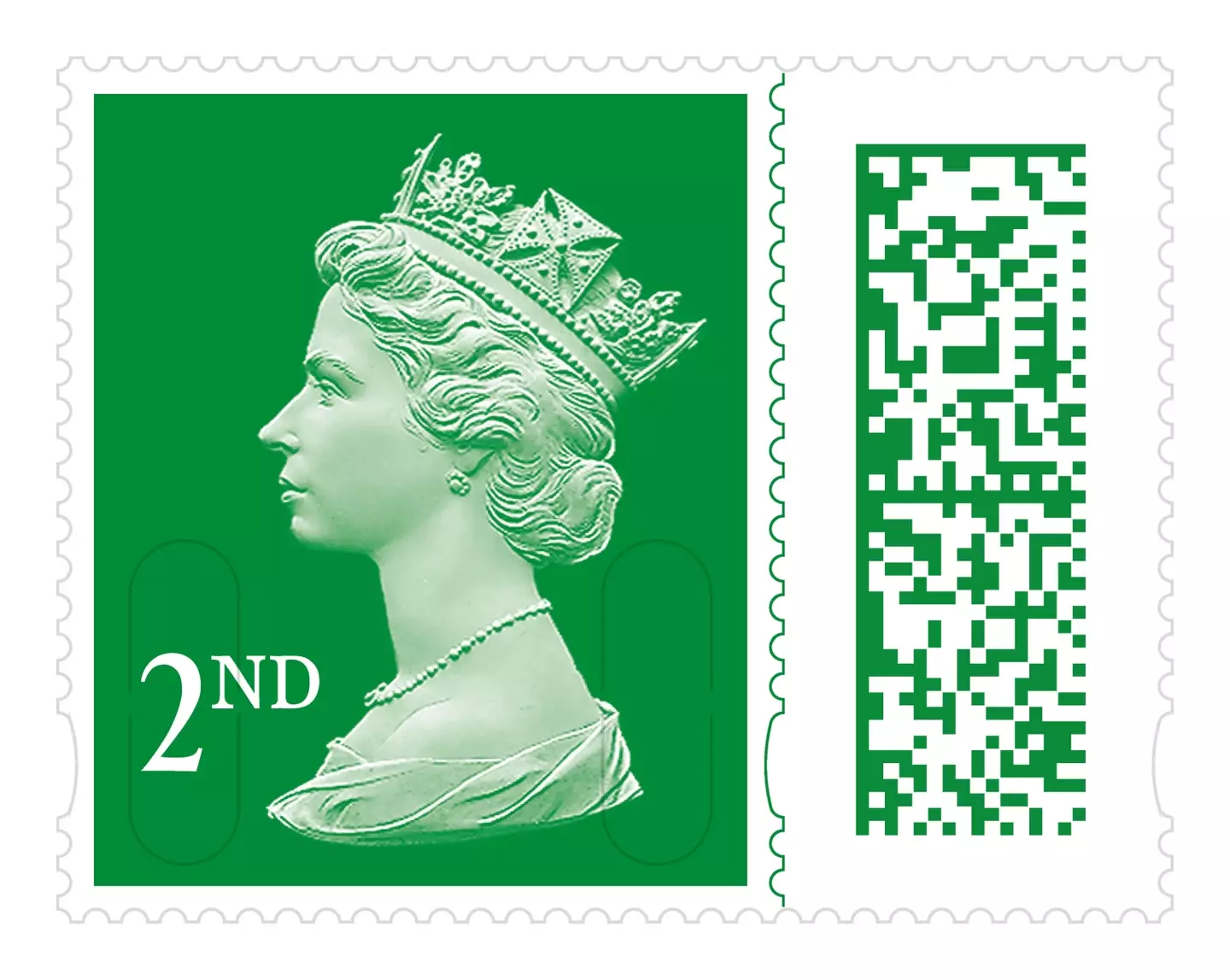
Royal Mail has introduced new barcoded stamps to all of their regular ‘everyday’ Definitive and Christmas stamps.
Customers will be able to scan the barcodes in the Royal Mail app, where they can watch videos and find information about services – or even view birthday messages and greetings from senders.
The move follows a successful trial that took place in March 2021, with aims of connecting the current postage system with the ever-expanding ‘digital world’.
The new stamps went on sale on 1 February and people are being encouraged to use their current non-barcoded stamps before 31 January 2023, which is when they will be phased out.
Advert

Royal Mail said on their website: “Non-barcoded stamps will remain usable until January 31, 2023. Either use up non-barcoded stamps you have or swap them using our scheme.
“Details of the swap scheme will be announced in due course.”
The new barcoded stamps will have a ‘digital twin’ that can be connected by the Royal Mail app.
The barcodes themselves match the stamp’s colour and sit alongside the main body of the stamp, separated by a simulated perforated line.
Nick Landon, Royal Mail Chief Commercial Officer, added: “Introducing unique barcodes on our postage stamps allows us to connect the physical letter with the digital world and opens up the possibilities for a range of new innovative services in future.”
According to the Daily Star, the postal service will not deliver letters and parcels bearing the old stamps when they are phased out in early 2023.

Instead, these will reportedly be left at sorting offices with a ‘surcharge’ to retrieve them, with current rates at £2 for a letter or £3.50 for a small parcel.
Some campaigners have said the change may cause problems for some people, with Malcolm Booth, CEO of the National Federation of Occupational Pensioners, saying it would ‘make life most difficult for the elderly and vulnerable – the very people who use stamps the most’.
He said: “Stopping people using normal stamps and making them pay to receive post will cause disruption.”
Experts are instead calling for a switch-over period of several years, which would see people able to use both kinds of stamp before the final changeover.
Booth added: “Many people have a stash of stamps at home. How many will not get the message about the changeover?”
Topics: UK News